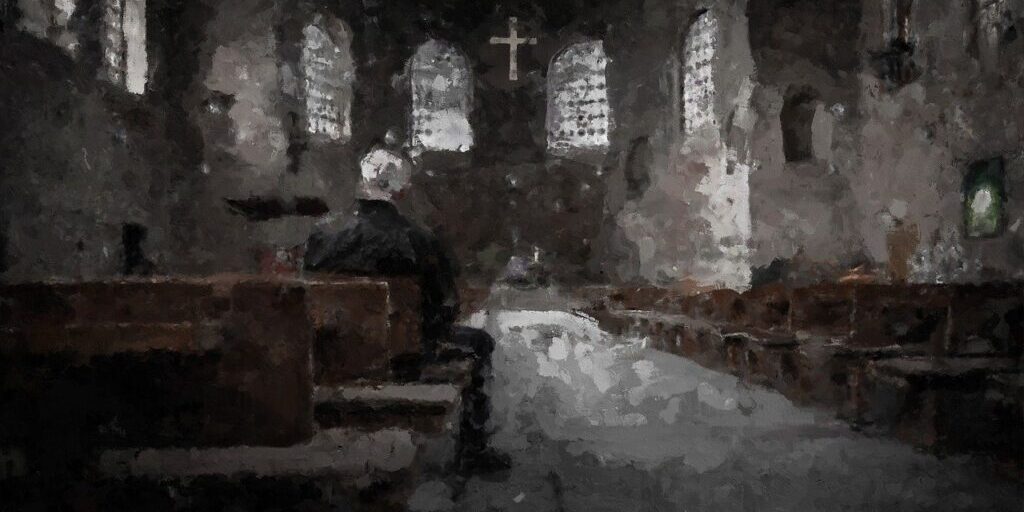
Pray Before You Study
One of the casualties of the modern theological curriculum is the division of the different theological disciplines. In the nineteenth-century theologians created the fourfold division of theology: biblical studies, church history, theology, and practical theology. While there are undoubtedly other factors at play, such as the distancing of the theological academy from the church, I think one of the casualties of dividing the disciplines was the separation of theology and piety. You studied theology in a university and you prayed at home or in church—there were now two distinct spheres and they did not intersect.History should give you reason to stop, pray, and give thanks to the Father for sending the Son, and for the Father and the Son sending the Spirit to teach his disciples. Click To Tweet
I regularly get asked the question, “How do you work devotional time into the seminary curriculum.” When I hear this question, my answer reflects older views of theology: “Study while you pray, and pray while you study.” When you open a dusty book and read about the doctrine of Christ in the fourth century, you’re not just studying history. You’re learning about the church grappling with the teaching of Scripture and acknowledging Christ is fully God and fully man, an awe-inspiring truth. Such history should give you reason to stop, pray, and give thanks to the Father for sending the Son, and for the Father and the Son sending the Spirit to teach his disciples.
To this end, there is a famous prayer by medieval theologian Thomas Aquinas that he used before he studied:
Creator of all things, true source of light and wisdom, origin of all being, graciously let a ray of your light penetrate the darkness of my understanding.
Take from me the double darkness in which I have been born, an obscurity of sin and ignorance.
Give me a keen understanding, a retentive memory, and the ability to grasp things correctly and fundamentally.
Grant me the talent of being exact in my explanations and the ability to express myself with thoroughness and charm.
Point out the beginning, direct the progress, and help in the completion.
I ask this through Jesus Christ our Lord. Amen.
While there are certainly things in his theology that we can critique, we should not miss the fundamental point that Aquinas makes in his prayer: he sought the Lord in prayer before he studied to plead for his grace to remove his sinful ignorance.
How many pastors pray before they begin their sermon preparation? How many seminarians pray before they open their textbooks or go to class? How many parents pray and ask Christ to remove their blindness so they can teach the Scriptures to their children? I suppose there are numerous situations where we should pray but do not, and studying God’s word is definitely one of them.
The next time you open the Scriptures or a theology book, bow your head in prayer and ask the Spirit of Christ to forgive you for your sin, to remove your ignorance, and to open the eyes of your faith to the wonders of his word.
Note: readers can find Aquinas’s prayer in Thomas Aquinas, The Aquinas Prayer Book: The Prayers and Hymns of St. Thomas Aquinas, eds. Robert Anderson and Johannes Moser (Manchester, NH: Sophia Institute Press, 2000).
This post was originally published on Dr. Fesko’s blog. Image by Layers from Pixabay

